Introduction to a Year of Sobriety
Reaching one year sober is a monumental milestone in any recovery journey. It marks a period of profound transformation and growth across emotional, physical, and social dimensions. This article delves into the myriad benefits and experiences of this milestone, offering insights, tips, and narratives to celebrate and sustain lasting sobriety.
The Transformative Power of 1 Year Sober
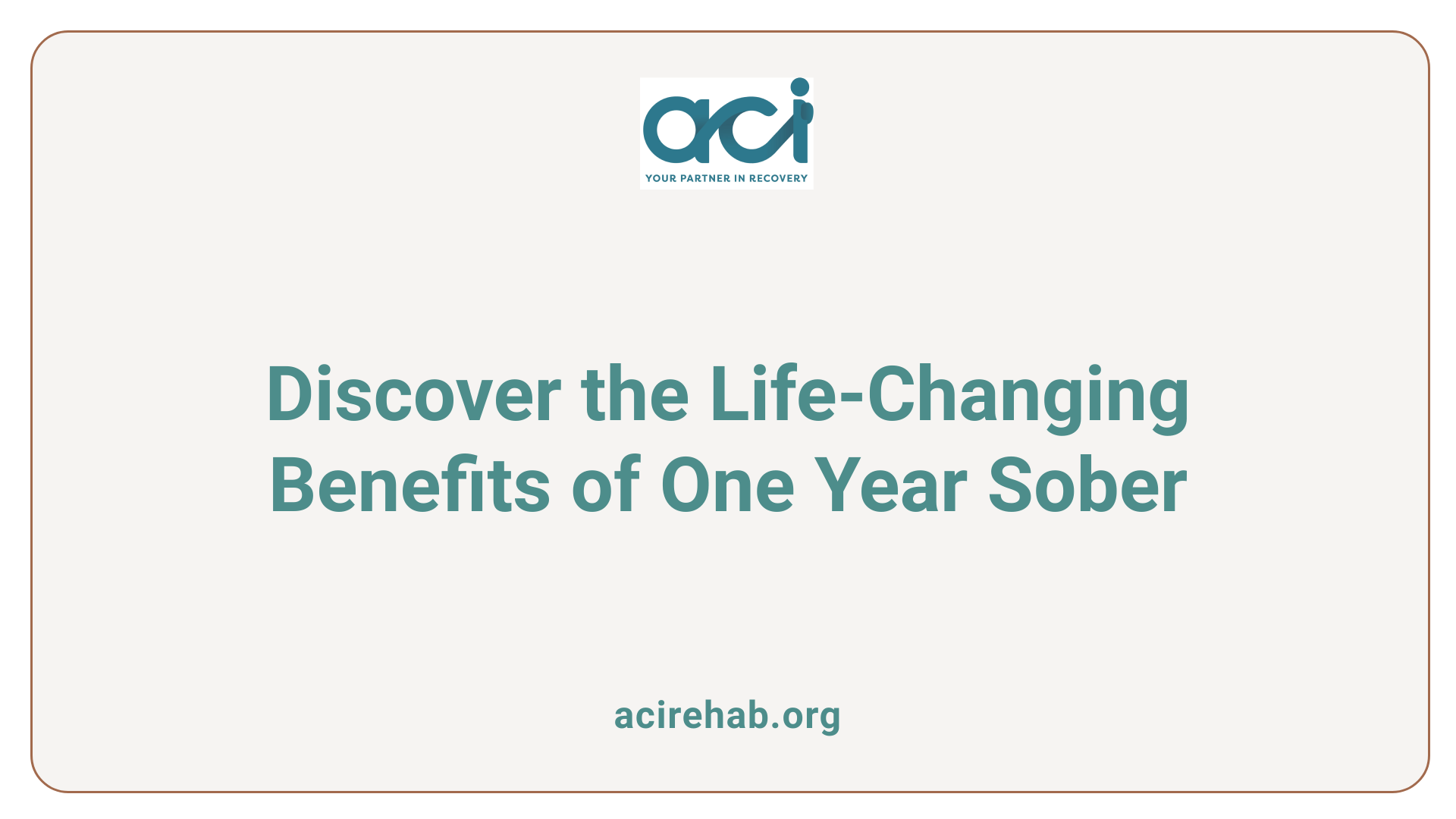
What are the benefits of being sober for a year?
Reaching the one-year sobriety mark is a life-changing milestone that brings forth numerous benefits across emotional, physical, and social domains. The impact of this achievement goes beyond simply abstaining from alcohol; it signifies a turning point toward improved quality of life.
Emotional Improvements
After a year sober, emotional stability generally sees a substantial boost. Many individuals report better management of stress and anxiety, with enhanced clarity of mind aiding decision-making. This newfound emotional resilience enables them to process feelings like anger and sadness in healthier ways, fostering personal growth. As individuals navigate emotional challenges, they often cultivate coping mechanisms that further strengthen their recovery.
Physical Well-Being
Physically, the benefits of sobriety manifest dramatically. Improved liver function, better sleep quality, increased energy levels, and healthier skin are just a few examples. By eliminating alcohol, the body undergoes significant healing, which can lead to potential weight management and a reduced risk for alcohol-related health issues, such as liver disease and certain types of cancers. For many, the absence of alcohol also contributes to overall cardiovascular health, enhancing the immune response.
Social Dynamics
Social relationships also transform after a year of sobriety. As individuals reconnect with family and friends, they often find their bonds strengthen due to improved communication and emotional availability. Meeting new sober friends allows them to develop supportive networks, which are crucial for ongoing recovery. Navigating social situations can initially feel uncomfortable, but as confidence grows, so too does the ability to participate in social events without the need for substances.
In summary, achieving sobriety for one year leads to profound changes that reframe lives, resulting in enhanced emotional stability, improved physical health, and stronger social connections. Each of these elements contributes to a more fulfilling, alcohol-free life and increases the likelihood of long-term sobriety.
The Journey Through the First Year of Sobriety
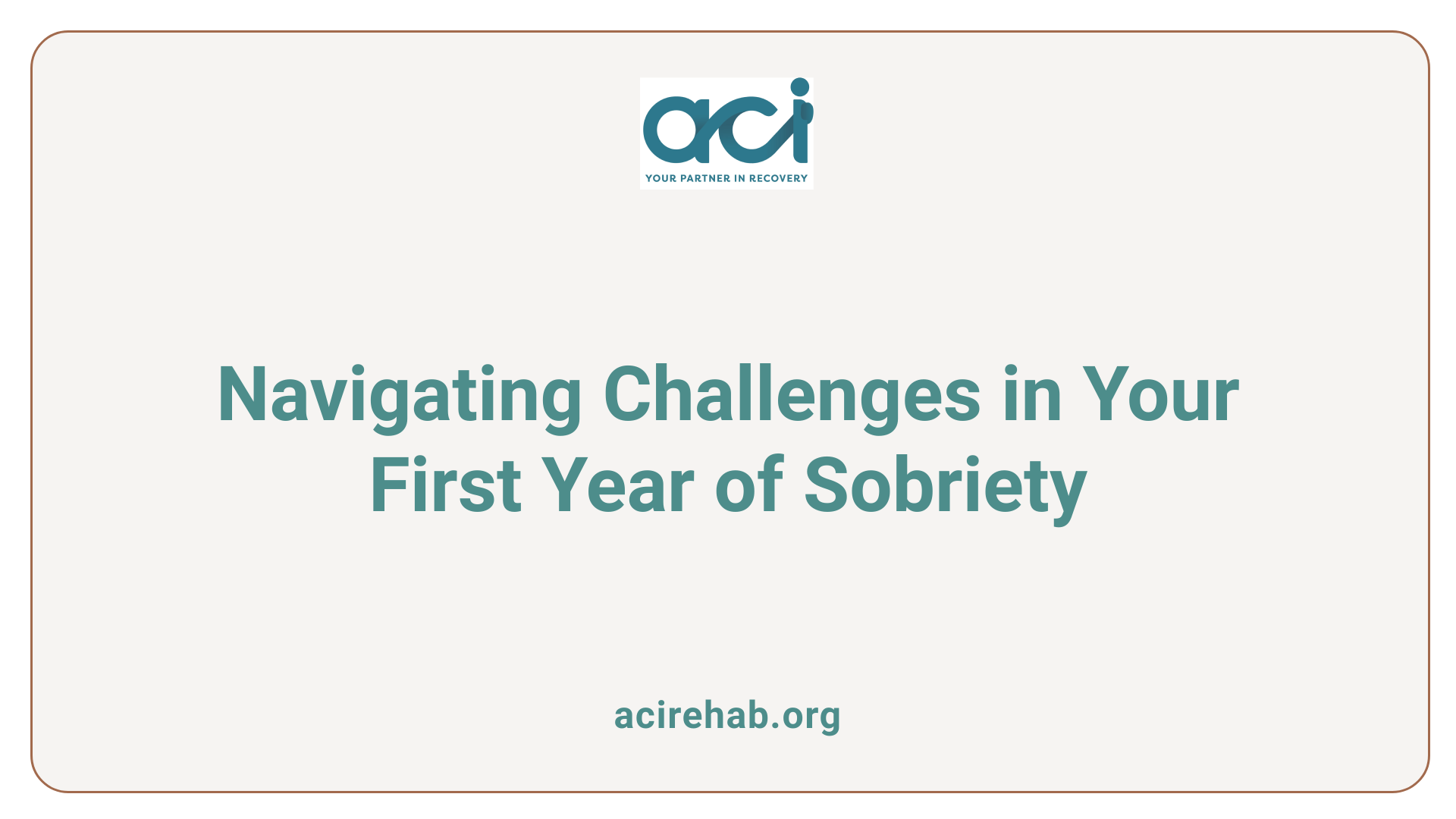
How challenging is the first year of sobriety?
The first year of sobriety can be particularly challenging as individuals navigate various triggers, social gatherings, and emotional ups and downs. One primary difficulty is managing the discomfort of attending social events, such as holidays or celebrations, where alcohol is present. The need to engage in these situations might trigger feelings of anxiety and discomfort as individuals acclimate to their new lifestyle.
However, it’s essential to realize these feelings are temporary. Building a robust support network with sober friends and peers provides crucial comfort and encouragement during this time. Engaging with recovery groups like Alcoholics Anonymous can also instill a sense of belonging and understanding.
Coping strategies to overcome challenges
To navigate these challenges effectively, setting personal boundaries is vital. This might include pre-deciding to leave an event early if it becomes overwhelming. Additionally, developing an escape plan when facing potential triggers ensures individuals have a strategy to maintain their sobriety seamlessly.
Practicing self-care routines—like exercise, mindfulness, and healthy hobbies—can greatly contribute to emotional well-being. Individuals are encouraged to create new festive traditions that don’t involve alcohol, which reinforces sobriety while fostering opportunities for joyous and meaningful connections. Overall, the first year may be difficult, but it can also be a period of tremendous growth and resilience on the recovery journey.
Life After One Year Sober: What to Expect
What typically happens after one year of sobriety?
After reaching the pivotal one-year mark of sobriety, individuals generally witness remarkable personal development and enhanced quality of life. This period is often marked by:
-
Improved Mental Health: Many report reduced anxiety and depression, leading to increased emotional stability. Mental clarity enhances decision-making skills and goal-setting.
-
Health Improvements: Expect better sleep patterns, higher energy levels, and improved physical health indicators like liver function and heart health. The absence of alcohol contributes to healthier skin and a reduced risk of various alcohol-related diseases.
-
Rebuilding Relationships: This milestone provides an opportunity to mend and strengthen relationships that may have suffered during addiction. Open communication and demonstrating consistent sobriety are vital in restoring trust with loved ones.
-
Developing Coping Mechanisms: Individuals often adopt new strategies for managing stress and emotions, such as exercise, mindfulness, and staying engaged with support networks. These practices are crucial in preventing relapse and supporting a long-term commitment to sobriety.
Overall, the first year serves as a foundation for ongoing recovery, propelling individuals towards a more fulfilling, sober lifestyle.
Emotional and Social Dynamics of Sobriety
Rebuilding Relationships
Reaching the one-year sobriety milestone often heralds the restoration and strengthening of relationships that may have suffered during active addiction. Individuals frequently find themselves mending bonds with family and friends, promoting healthier communication and interactions. Trust, once broken, can begin to rebuild through consistent sober behavior and the demonstration of commitment to recovery. The process of rebuilding involves acknowledging past mistakes and fostering relationships with those who support a sober lifestyle. This support network becomes vital in maintaining sobriety and navigating social situations that may otherwise trigger old habits.
Improving Emotional Stability
One of the most profound benefits experienced after one year sober is emotional stability. Without the influence of alcohol, individuals often notice a significant decrease in anxiety and depressive symptoms, leading to improved mental health overall. Enhanced emotional regulation allows for better stress management and decision-making abilities. Individuals typically gain improved problem-solving skills and an increased sense of resilience when faced with life’s challenges. The journey to sobriety becomes a transformative process of self-discovery and growth, paving the way for a renewed sense of purpose and clarity in life.
Physical Health Benefits After One Year
Improved Physical Health Outcomes
Reaching the one-year sobriety milestone brings substantial physical health benefits. Individuals often experience significant improvements in various bodily functions and overall health. Some key outcomes include:
- Better Sleep Quality: As the body heals from the effects of alcohol, sleep patterns typically stabilize, leading to more restful nights.
- Enhanced Liver Function: With the cessation of alcohol consumption, liver health vastly improves, reducing the risk of liver disease.
- Cardiovascular Health: Abstinence from alcohol lowers risks associated with heart conditions and improves heart health, contributing to a stronger cardiovascular system.
- Weight Management: Many individuals find they manage their weight more effectively, partly due to the reduction of empty calories from alcohol.
- Improved Skin Health: Quitting alcohol often leads to clearer, healthier skin as hydration and nourishment levels increase.
Enhanced Overall Wellness
The cumulative effect of these health improvements fosters a renewed sense of energy and vitality. After a year of sobriety, individuals often report feeling more upbeat and productive, significantly impacting their quality of life. They enjoy increased energy levels, enhanced digestion, and a noticeably reduced risk of alcohol-related illnesses.
This transformation in physical health not only aids in personal wellness but also serves as motivation for maintaining a sober lifestyle.
Mental Clarity and Personal Reflection
Gaining Mental Clarity and Resilience
Reaching the one-year mark of sobriety often brings about significant mental clarity. Individuals find they are able to think more clearly, make better decisions, and focus on personal goals with renewed vigor. This mental sharpness is often accompanied by a notable decrease in anxiety and depressive symptoms, which can be remnants of addiction. Consequently, those in recovery develop stronger resilience, enabling them to cope with life’s challenges more effectively without resorting to substances.
Reflecting on Personal Growth and Changes
The journey to one year sober is marked by profound personal transformation. Individuals often reflect on their experiences, recognizing not just the challenges faced, but the invaluable lessons learned. Many report improvements in self-esteem and inner strength, allowing for healthier relationships with loved ones. This period also involves rediscovering passions and interests, contributing to a renewed sense of purpose in life. Celebrating this milestone provides an opportunity for individuals to acknowledge their progress, setting new goals while embracing continued personal development.
Several strategies, such as engaging in recovery support systems and maintaining self-care routines, can further enhance this process of reflection and clarity, solidifying the commitment to long-term sobriety.
Relapse Rates and Prevention Strategies
Understanding Relapse Rates After One Year
The journey to sobriety is fraught with challenges, particularly during the first year. Studies show that relapse rates for individuals recovering from alcohol addiction hover around 50% after one year. This statistic underscores the importance of building solid support systems. Furthermore, it’s concerning to know that up to 80% of individuals who reach the milestone of one year sober may experience a relapse at some point in their lives.
Stress, a significant catalyst for relapse, has been cited by about 65% of those in recovery as a leading factor. During stressful times, the temptation to revert to old habits can be overwhelming. However, having a robust social support network can mitigate these risks; 40% of individuals in recovery identify supportive relationships as critical to their sustained sobriety. While the risk of relapse remains high in the early stages of recovery, it notably decreases to around 15% after five years of sobriety.
Strategies to Prevent Relapse
Preventing relapse requires proactive strategies and a commitment to sobriety. Below are essential strategies recommended for those who wish to maintain their recovery well beyond the first year:
- Engage in Regular Check-ins: Monitoring mental health through introspection or professional support is vital.
- Stay Connected with Support Groups: Continuously participating in recovery meetings helps nurture relationships and provide a safety net during stressful circumstances.
- Implement Stress Management Plans: Coping mechanisms such as mindfulness, exercise, and healthy hobbies can be beneficial.
- Set Personal and Professional Goals: Focusing on aspirations provides direction and motivation, reducing the appeal of returning to substance use.
- Utilize Self-Care Routines: Incorporating healthy habits into daily life reinforces emotional and physical well-being, which is critical in maintaining sobriety.
By continually engaging with these strategies, individuals can bolster their resilience against relapse and build a fulfilling, substance-free life.
The Role of Community Support in Recovery
Importance of Support Networks
A strong support network is essential for individuals navigating the early stages of sobriety. During the first year, relapse rates significantly hover around 40% to 60%, which emphasizes the necessity for reliable connections. Recovery groups, like Alcoholics Anonymous (AA), provide a safe environment where individuals can share their journeys, gain insights, and hold each other accountable. Regular participation in these groups fosters a sense of belonging, which many find comforting
Additionally, engaging with supportive friends and family can alleviate feelings of isolation that may arise during challenging social situations. Having people who understand and respect your commitment to sobriety makes the journey smoother.
Helping Behaviors as a Tool for Sobriety
Engaging in helping behaviors can profoundly boost recovery. Research indicates that individuals who actively assist others in recovery are more likely to maintain their sobriety. Participation in community service opportunities, mentorship, and even sharing experiences can reinforce one’s commitment. This practice not only aids others but also instills a sense of purpose and responsibility, enhancing emotional resilience.
Overall, community support plays a crucial role in facilitating long-term sober outcomes, making it an invaluable asset for those on the recovery path.
New Passions and Pursuits in Sobriety
Exploring New Interests
Reaching the one-year sober mark opens the door to rediscovering passions that may have been sidelined during addiction. Many individuals find that sober living provides the mental clarity and energy needed to rekindle old hobbies or explore entirely new interests.
Pursuing creative outlets like painting, writing, or music can serve as powerful forms of self-expression and help alleviate stress. Similarly, engaging in physical activities—such as yoga, hiking, or team sports—can enhance physical health and build community connections.
Finding Fulfillment Without Substances
Without the crutch of alcohol or drugs, individuals often cultivate a deeper sense of fulfillment. Engaging in personal growth activities, such as volunteering, fosters a sense of purpose and connection to the community. This can lead to new friendships with like-minded individuals who support a sober lifestyle.
Moreover, exploring mindfulness practices like meditation or mindfulness can enrich one’s emotional resilience, helping to navigate life challenges more effectively. Through these new experiences, individuals can develop a renewed sense of identity and commitment to recovery.
Celebrating the One-Year Sobriety Milestone
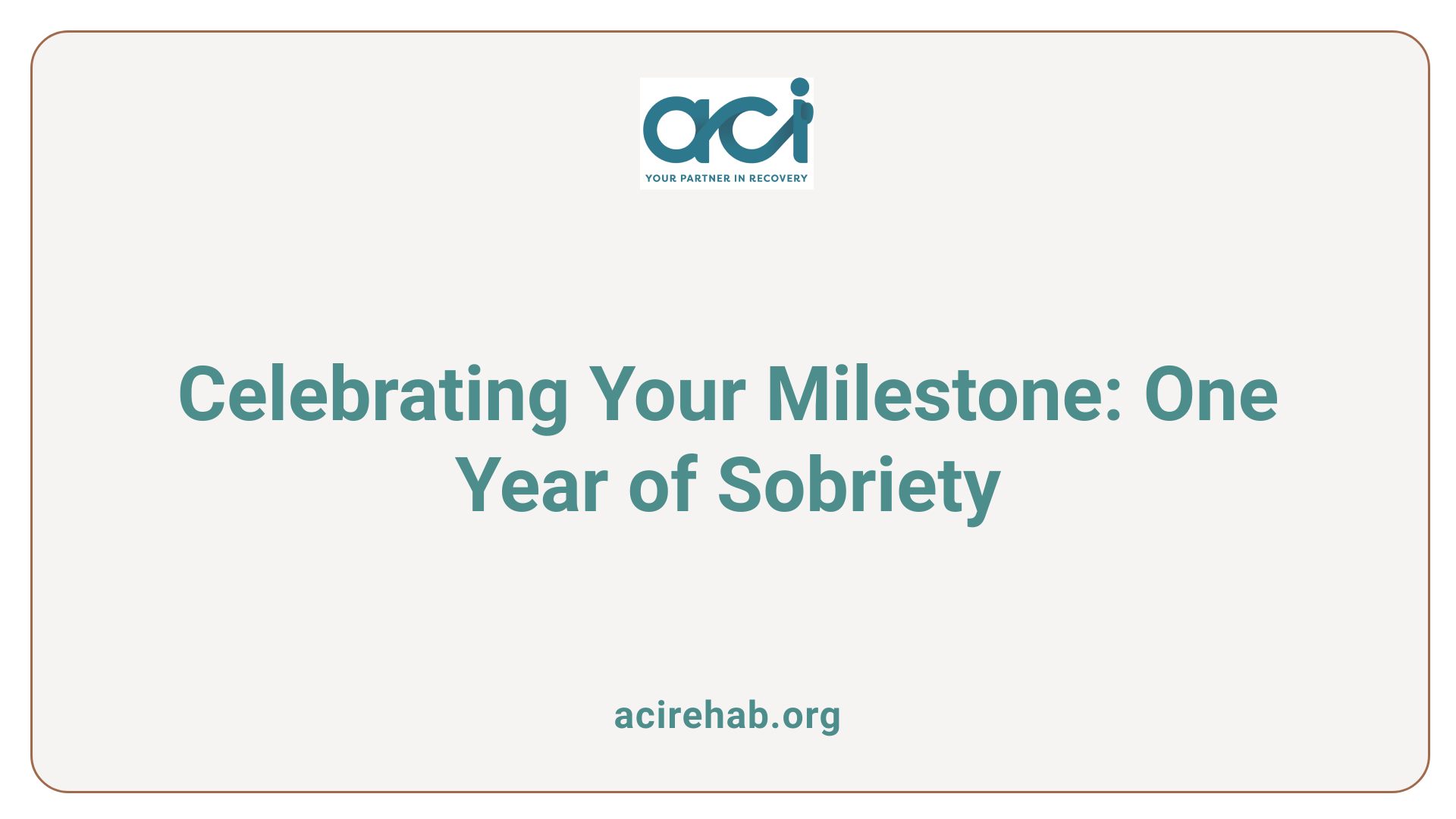
Ways to Celebrate Sobriety
Reaching the one-year mark in sobriety is an incredible achievement that deserves recognition. Individuals often celebrate this milestone through various personal and meaningful ways, such as:
- Special Gatherings: Planning a celebration with family and friends can create joyful memories.
- Recovery Meetings: Receiving milestone chips at support groups serves as a tangible reminder of progress.
- Giving Back: Volunteering in the community can enhance feelings of purpose and connection.
- Personal Traditions: Starting new rituals adds significance to each sober date.
- Reflective Writing: Crafting a letter to one’s younger self can aid in personal reflection and growth.
Reflection on Achievements
The first year sober is often filled with significant achievements that merit reflection. Many individuals notice improvements in:
- Emotional Well-Being: Enhanced emotional stability and decreased anxiety.
- Physical Health: Better sleep quality, increased energy, and enhanced liver function.
- Relationships: Rebuilding and strengthening connection with loved ones.
Acknowledging these accomplishments not only reinforces commitment to sobriety but also lays a foundation for future growth and success in recovery.
Financial Stability and Career Growth
Financial Benefits from Sobriety
One of the most tangible results of reaching one year of sobriety is the financial stability that often follows. Sobriety reduces expenses associated with alcohol use, such as bar tabs or (in the case of a drinking habit) medical expenses related to substance abuse. Without the monetary drain of alcohol, individuals can redirect their finances toward positive pursuits—be it saving for future goals or investing in personal growth.
Moreover, many individuals experience an increase in disposable income after cutting out alcohol-related spending. This newfound financial freedom enables people to explore hobbies, travel, or invest in their health and wellness.
Impact on Professional Life
In addition to financial benefits, sobriety significantly enhances professional life. Individuals often report improved focus and productivity at work, which can lead to career advancements and better job performance. Better emotional regulation and decision-making skills learned during recovery mean that many find it easier to manage workplace challenges.
This professional growth, paired with stable finances, creates a virtuous cycle that not only bolsters one’s career but also reinforces the commitment to a sober lifestyle.
Long-Term Sobriety and Maintaining Progress
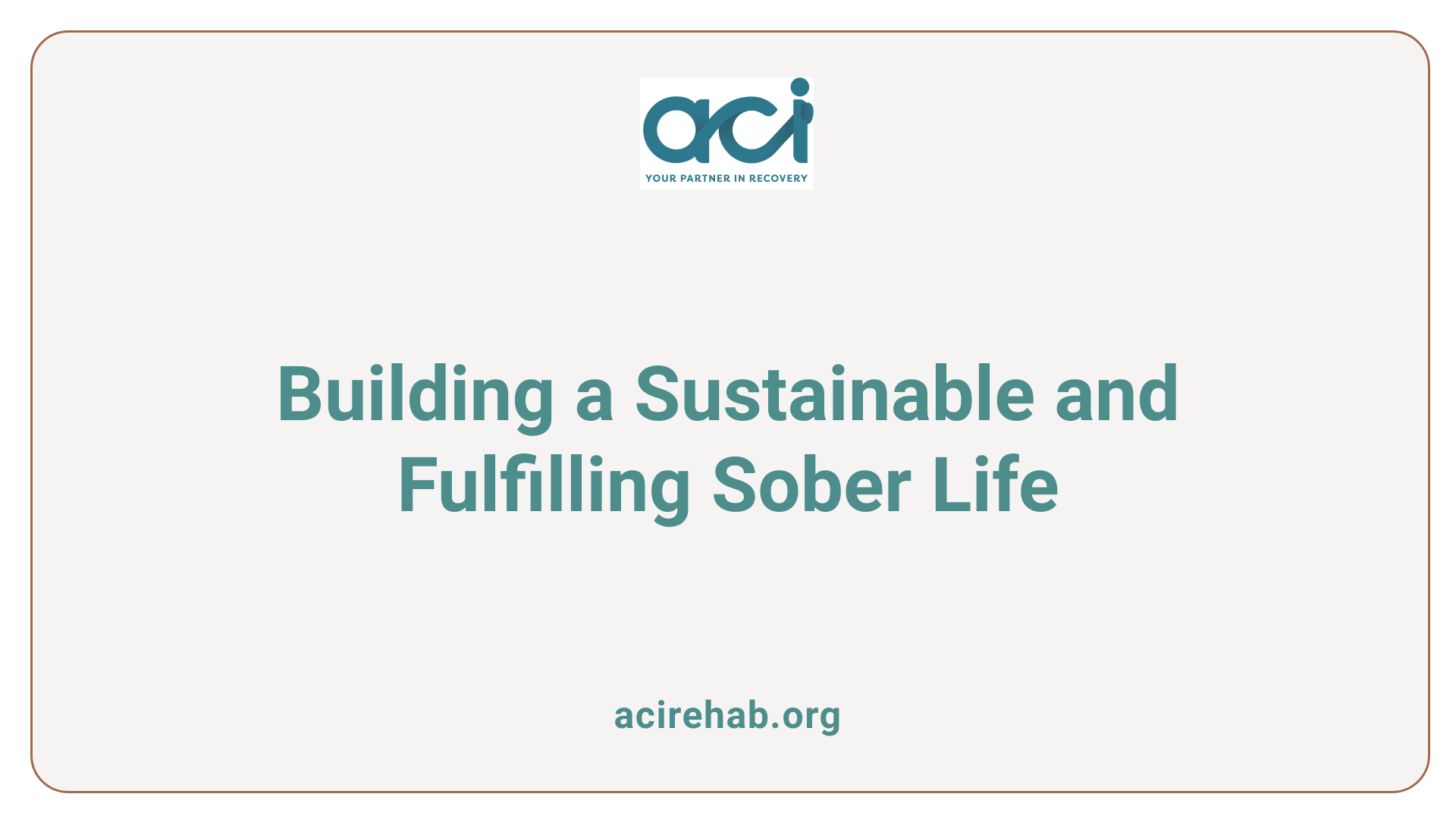
Building a sustainable sober lifestyle
Maintaining long-term sobriety requires a firm commitment and a focus on building a sustainable lifestyle. Crucial to this is creating a robust support network, which often includes recovery meetings and engaging with like-minded individuals. Attending regular meetings, such as 90 in 90 days, can be vital in establishing routines that bolster sobriety.
Continuing growth and resilience
Personal development continues to play a significant role in lifelong recovery. Cultivating self-care practices—like exercise and mindfulness—can reinforce emotional stability and resilience against life’s challenges. Many individuals also find it beneficial to re-engage with therapy or support groups to manage cravings and assess their mental health periodically.
Furthermore, individuals who have achieved a year of sobriety often report increased cognitive function and clarity, providing them with better decision-making capabilities. Strategies such as routine self-check-ins, setting new personal goals, and promoting healthy relationships can further enhance the likelihood of sustained sobriety. Celebrating milestones reinforces motivation and encourages reflection on the journey of recovery.
Personal Narratives and Experiences
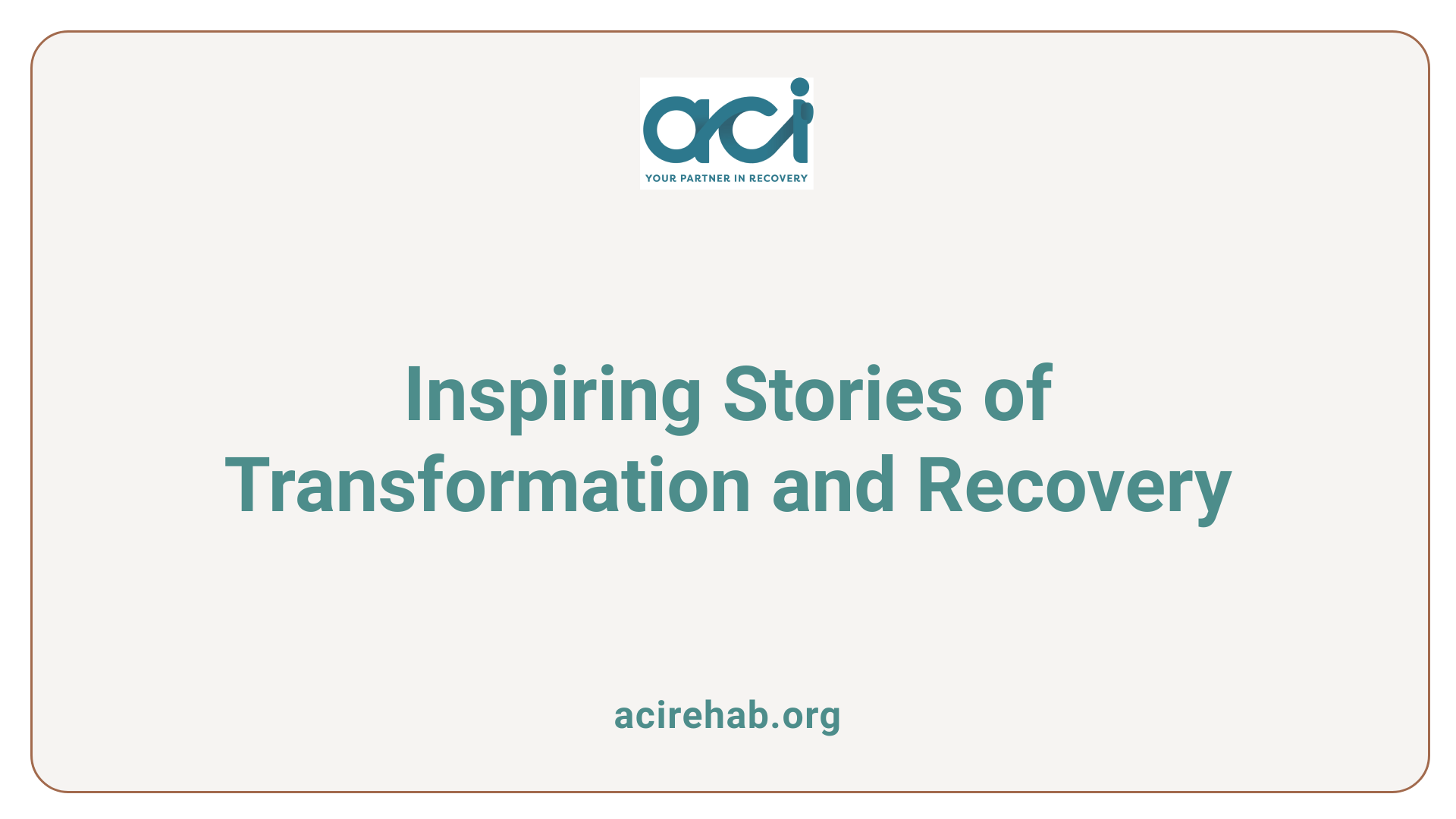
Insights from those who reached one year sober
Reaching the one-year sobriety mark is often described as a life-altering experience, laden with a mix of challenges and triumphs. Individuals celebrate this milestone as it embodies their commitment to an alcohol-free life. Stories often highlight the profound transformations in emotional stability, mental clarity, and physical health. Many report enhanced self-esteem and a renewed sense of purpose, allowing them to rediscover hobbies and interests that were overshadowed by addiction.
Stories of transformation and motivation
Personal narratives reflect unique journeys of growth, courage, and resilience. One common theme is the joy of engaging in social situations without alcohol, characterized often by initial awkwardness but eventually leading to stronger relationships. Individuals cite experiences like attending their first sober wedding or holiday celebration as pivotal moments of pride and confidence.
These reflections serve not only as motivation for newcomers but also as reminders of the importance of support networks and coping strategies. The narratives resonate strongly — many emphasize the role of therapy or support groups, illustrating how shared experiences foster community and resilience.
Collectively, these stories celebrate one year sober as a period of healing and personal evolution, providing powerful encouragement for others on their recovery journey.
Conclusion: Embracing the Sober Journey
Reaching one year of sobriety is cause for celebration, reflection, and planning for continued success. It’s a testament to resilience, commitment, and the transformative power of choosing a sober life. The journey doesn’t end at one year, but with the foundation laid out, the path forward becomes clearer. Through ongoing support, personal growth, and embracing life’s experiences alcohol-free, lasting sobriety is not just achievable but empowering.
References
- 1 Year Sober – Destinations for Teens
- One Year Sober — What It’s Like – ASIC Recovery
- One Year Sober: What To Expect & Benefits – Monument
- One Year of Sobriety Achievements – Northstar Behavioral Health
- What to Expect After One Year Sober – Townsend
- One Year of Sobriety: What to Expect When You Stop Drinking
- 9 Hard-Earned Lessons From 365 Days Of Sobriety | Vogue

